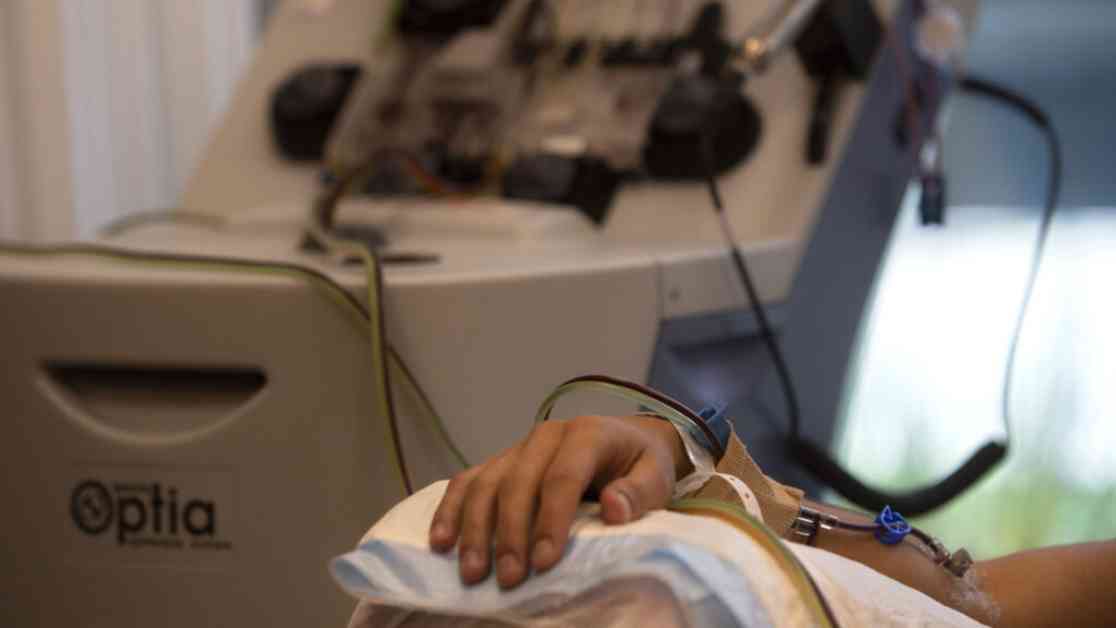Blood stem cell transplants have long been a crucial tool in the treatment of blood cancers, offering hope for survival and even cure in some cases. However, a recent shift in medical practice has seen a decline in the use of these transplants, particularly autologous transplants, in favor of newer and safer therapies. This trend has sparked discussions among experts about the future of bone marrow transplants in cancer treatment.
Types of Stem Cell Transplants
There are two main types of stem cell transplants: autologous and allogeneic. Autologous transplants involve harvesting a patient’s own stem cells and reintroducing them after chemotherapy, while allogeneic transplants use healthy donor stem cells. The decline in autologous transplants has been more drastic than in allogeneic transplants, with advancements in targeted therapies like CAR-T cell therapy leading the way.
The Rise of CAR-T Therapy
One of the most significant shifts in cancer treatment has been the emergence of CAR-T cell therapy, where a patient’s immune cells are engineered to target and eliminate cancer cells. This targeted approach has shown superior results in lymphomas compared to autologous transplants. Recent studies have indicated that autologous transplants may not offer additional benefits to certain lymphoma patients in remission, leading many physicians to reconsider their approach.
Uncertainty in Myeloma Treatment
While autologous transplants have also declined in multiple myeloma cases, they remain a common treatment option. Ongoing trials studying CAR-T therapy in myeloma may change the landscape of treatment in the future. The debate around whether to continue performing autologous transplants in myeloma patients highlights the evolving nature of cancer care.
The Future of Transplantation
Although there has been a decline in autologous transplants, experts believe that bone marrow transplants will continue to play a crucial role in cancer treatment. Allogeneic transplants remain a valuable option for certain cancers like acute myeloid leukemia, offering curative potential for patients. As research progresses, there may be further advancements in novel therapies that could reduce the need for transplantation in some cases.
Despite the changes in treatment approaches over the past decade, the importance of bone marrow transplants in cancer care remains undeniable. While new therapies offer promising alternatives, transplantation continues to be a vital option for patients facing blood cancers. The ongoing evolution of cancer treatment underscores the importance of adapting to new discoveries while honoring the effectiveness of established therapies.

















